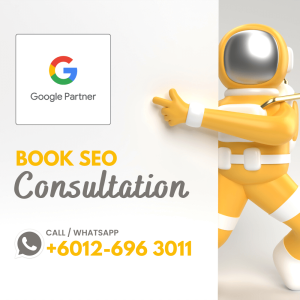Ecommerce merchants have many choices for outsourcing search engine optimization. Finding the right agency often comes down to knowing your business’s needs, as well as understanding the different types of SEO services.
Consulting
All SEO agencies offer consulting. They tell you what would improve your organic search performance and let you decide if you agree with their recommendations. Some agencies apply the same SEO program to every client they work with. Others develop a custom strategy for each.
Some agencies apply the same SEO program to every client … Others develop a custom strategy for each.
One-size SEO tends to deliver quicker recommendations that are easily implemented. The focus tends to be content-related, with keyword research and scheduled deliveries of content optimization recommendations. They typically cost less than custom programs.
One-size SEO works well with smaller, service-based businesses, as well as ecommerce businesses with fewer than 1,000 SKUs and with limited budgets, quick timeframes, or unable to make technical changes on their sites.
Custom SEO agencies require a longer period to develop a comprehensive plan for each business. They’re usually more expensive, and the recommendations they deliver can be more complicated to implement. But they’re typically more thorough.
These agencies focus on technical SEO and sitewide content optimization. They determine if you have roadblocks that prevent crawling and indexing. They also assess site errors, link portfolios, page speed, and template optimization. They’ll usually research keywords to optimize content.
Custom SEO programs are well-suited for medium-to-large ecommerce sites, as well as larger services companies with location finders, shops, forums, or other built-in features.
Implementation
Implementation follows the recommendations — all of the analysis must convert to action to improve organic search performance.
Here, again, are two types of SEO agencies: those that implement and those that don’t.
Many agencies choose not to implement recommendations on behalf of their clients. There’s a liability that comes with modifying a client’s site, and some agencies don’t want that risk. Mistakes can seriously harm a business’s digital presence.
Some agencies implement only content. These changes tend to be straightforward, potentially as simple as copying and pasting text that has been optimized and approved from a document into the client’s content management system. A client can decide if it wants to pay the agency to do this.
The most complex implementation is technical — such as altering 301 redirects or changing code. It requires access to the client’s web server or ecommerce platform.
Larger businesses that retain full-service digital agencies (strategy, design, development) typically provide complete server and platform access. For them, having their agencies implement SEO, among other technical projects, makes sense. It’s similar in concept to a soup-to-nuts web management company that maintains a smaller business’s site as well as its technical SEO.
Between full-service agencies and web management companies, however, are midsize agencies that specialize in search or digital marketing on a broader scale. Those agencies will typically not implement technical SEO recommendations. But they often consult with clients’ developers, to expedite.
Sources








